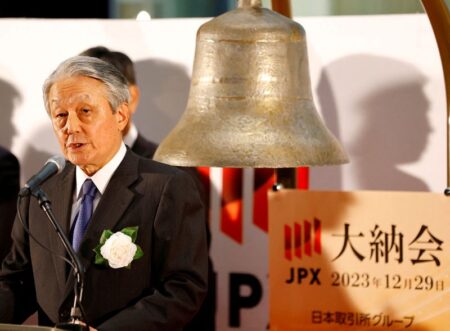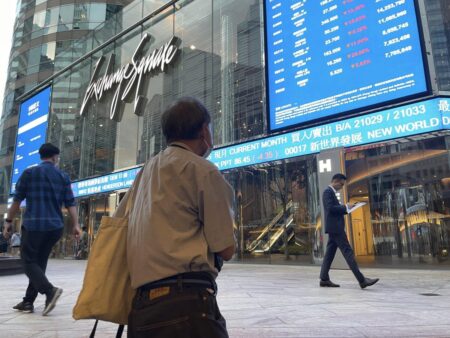Hong Kong’s largest regulated cryptocurrency exchange HashKey Group announced it is delaying the highly anticipated launch of its HSK token amid continued concerns about the sluggish market conditions that have endured through the past quarter.
In a strategic step that prioritized long-term sustainability over immediate gains, HashKey furthered the importance of timing in successful token launches. Following extensive consultation with partners and other centralized exchanges, the company concluded that “rushed listings do not serve the community’s best interests.”
Although it was postponed, the event of generating tokens looks hopefully at the trajectory of the cryptocurrency market in the second half of the year, aiming to launch by the end of this year when significant upward momentum is likely. The company will use the time prior to the listing to enhance the infrastructure of its ecosystem and further develop the fundamental value of HSK.
First announced in November 2023, the HSK token was designed as an ERC-20 token on the Ethereum blockchain, complete with a broad utility framework. In such a way, the project aimed to establish a token economy that would align closely with participants’ interests in the ecosystem, offering benefits regarding early access to token subscriptions, reduced trading fees, and special privileges for asset issuance through the platform.
According to the tokenomics structure highlighted in the HashKey whitepaper, there is a capped total supply of one billion tokens with a clearly articulated distribution strategy. The majority stake, 65%, is held for marketing and commercial expansion efforts, while 30% is for the HashKey team. The remaining 5% serves user security in the ecosystem.
To maintain the token value and control the supply inflation, HashKey has taken a new approach to token economics. The exchange will burn 20% of the net revenue through token burning, and this mechanism would at least balance out the increase in the circulating supply through rewards.
Read the full article here















